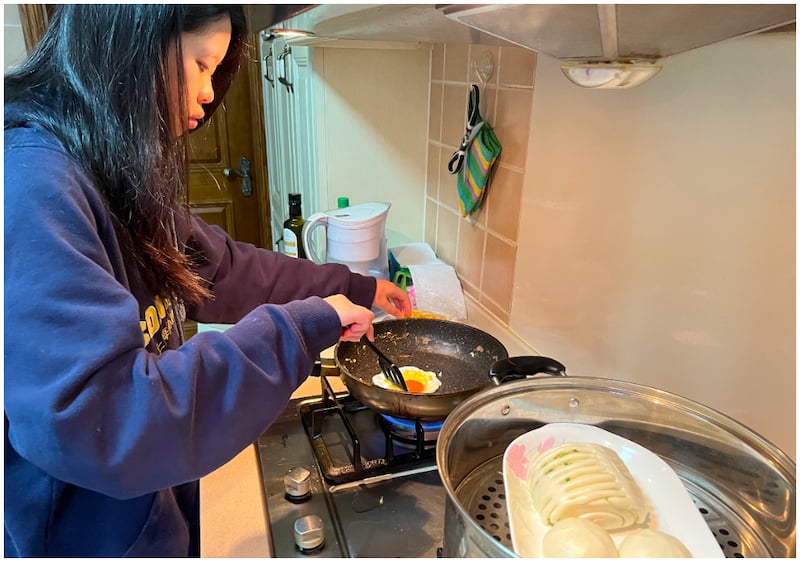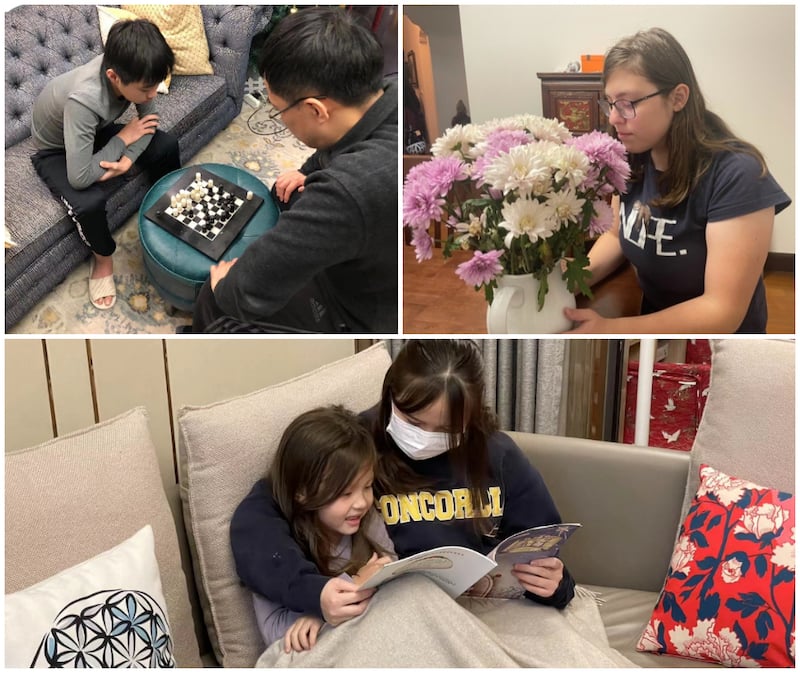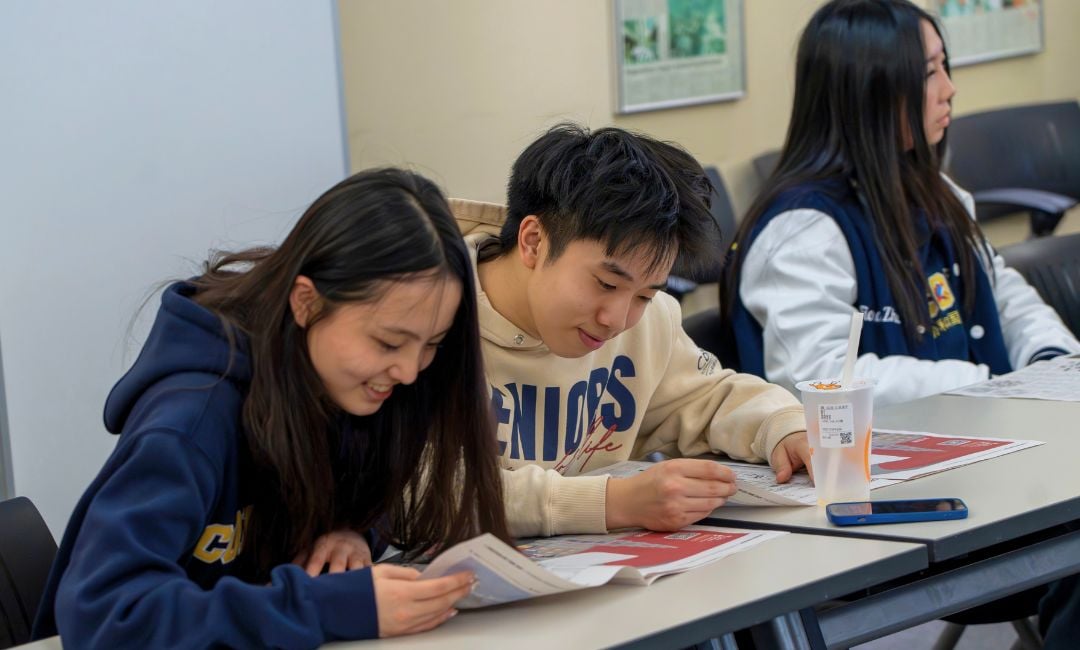The time of material deprivation has become a bygone history for today’s young people. For most teenagers, life during the Great Depression in the United States from 1929 to 1939 was even more unimaginable.
What would life be like if we had to live the next ten years under such conditions, with limited technology and limited money?
Last month, all Concordia eighth graders participated in a “Great Depression” experiential simulation in an attempt to better understand these hardships.
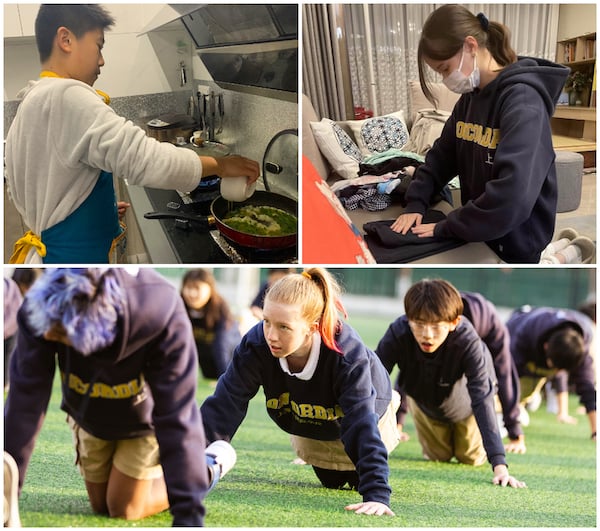
For these students, the week consisted of little to no technology (no laptops, limited use of cell phones, smart watches, etc.), limited use of hot water, additional chores, grueling physical training, and planning a week-long menu (breakfast, lunch, dinner and snacks) on a budget of 120RMB.
This hardship simulation, now led by grade 8 humanities teachers Holly Raatz and Carey Halula has been a tradition at Concordia for the past 14 years. “It has produced amazing results in students’ connections to life and its challenges and hardships, building empathy and deepening appreciation for all that we have been given,” shared Ms. Raatz and Mr. Halula.
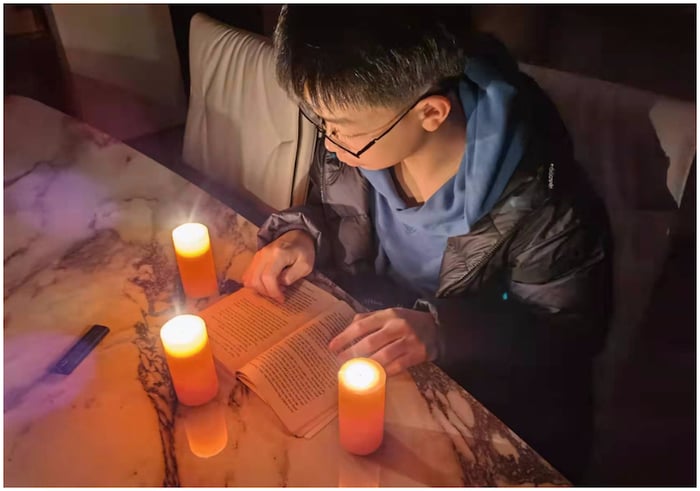
During this period, which the grade 8 community has come to know as “suffering” week, instead of using electronics and surfing the internet, students did household chores, homework by candlelight, and took cold showers or lukewarm baths. They reflected on this experience and expressed themselves beautifully. Their voices speak authentically in the quotes below.
“Normally we have more money to spend and cutting it down to 120RMB makes us feel what the people back then would have felt with not a lot of money,” recalled one grade 8 student who participated in the simulation project.
“I got to discover more of my passions, and I got to have more time to do what I like to do. I realized that cooking is entertaining and exciting,” shared another student.
Though students gave up some modern conveniences, they gained a new perspective and had more time for family activities.
“With no technology, we are kind of stuck in a bit of boredom. But you can find things that you never thought about before, like I found out that I could spend a lot more time with my family,” said one MS student.
“Generally speaking, this entire week-long experience has really brought out the real me. This experience really taught me the significant difference between my necessities and what I want in life,” said another student.
Parents offered their support for the simulation, as the in-school and at-home activities are equally important and meaningful. As a few parents remarked, “We wish this experience lasted longer! It’s been wonderful to spend time as a family again with no technology!”
